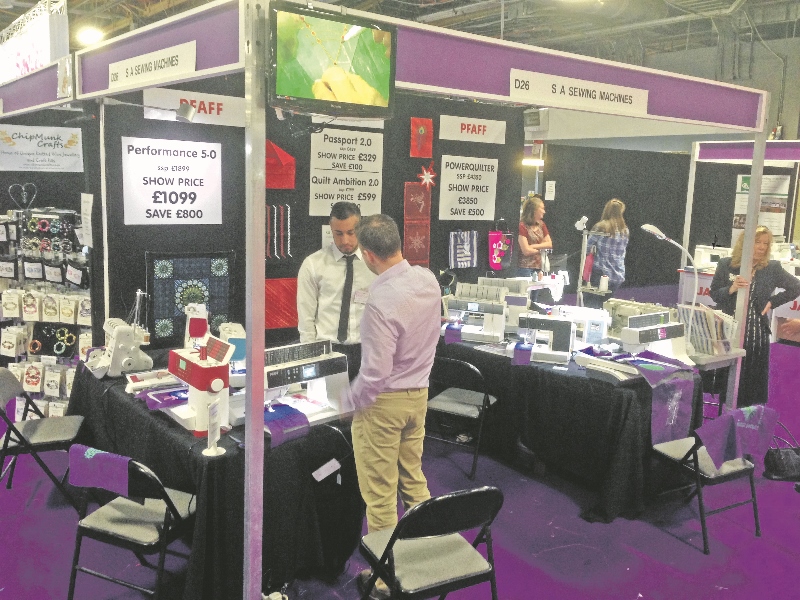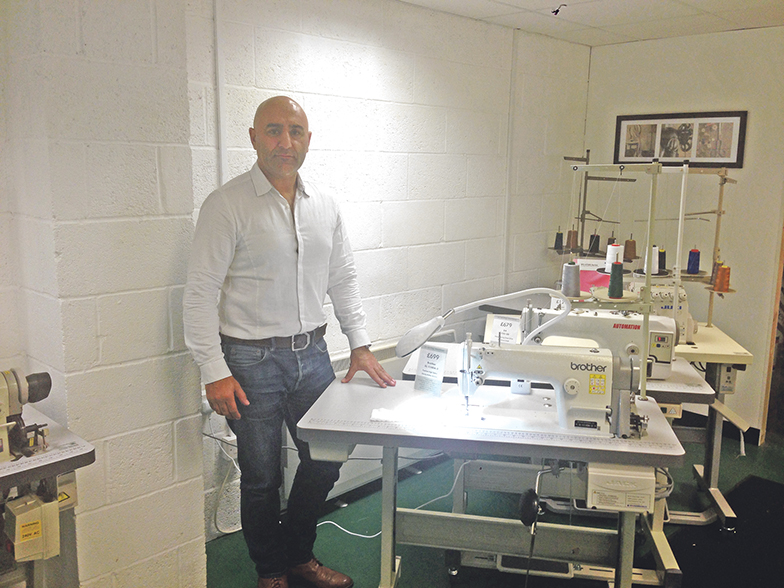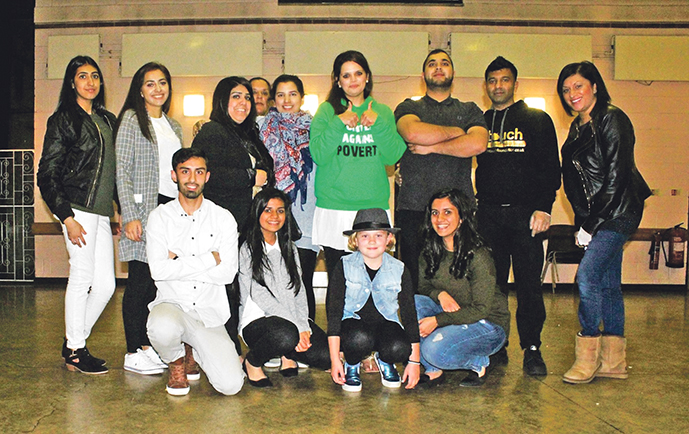
Never before has there been a higher survival rate for people who are suffering from cancer.
With half of those diagnosed with the disease now surviving for 10 years or more, results speak for themselves as research continues into fighting against one of the world’s biggest killers.
Locally, unsung heroes at the Cancer Research UK Manchester Institute – part of the University of Manchester – are undertaking pioneering work as they continue to lead the front line in the battle.
Amongst the group of lab-coated crusaders is 26-year-old Habiba Bequm, from Oldham.
The young scientist, who works at the Institute’s Drug Discovery Unit, is playing an important role in helping to develop drugs of the future to treat cancer patients.
She is part of a team of scientists including biochemists, cell biologists, bioinformaticians, computational chemists and synthetic chemists, who are helping to develop new drugs to targets cancer in patients.
With a wide scope of work undertaken on a day-to-day basis, Habiba explained what her role involves and how they are making a difference to lives across the UK and around the world.
“We build upon biological discoveries made within the cancer research community and aim to discover targeted therapies for cancers that are hard to treat,” she said.
“Targeted therapy simply means to use drugs that precisely identify and attack cancerous cells while doing little to no damage to normal cells.
“I specifically work as a cell biologist and my work varies from day-to-day. I could be in the lab dealing with cells, investigating new drugs chemists have made or understanding new technologies.
“At other times, I’m sat behind a computer either analysing data or researching new targets.”
Currently, Habiba and her team are investigating a protein called XRCC1 – found in breast cancer.
She explained: “XRCC1 is part of the machinery that repairs DNA in cells and a reduced amount of this protein confers a weakness in the cancer cells that can be exploited.
“We hope to take advantage of this weakness and develop new drugs for this group of breast cancer patients.”
Habiba has recently taken part in a project to explain her work on breast cancer to a fashion designer from Manchester Metropolitan University along with three others.
The work will go on display at Craft and Design in the Northern Quarter as part of European City of Science.
She said: “Working for Cancer Research UK has been lots of fun with many opportunities to share our exciting research with the charity’s supporters.
“This latest project helping a textiles student at Manchester Metropolitan to create a dress with the design inspired from breast cancer research conducted at the Drug Discovery Unit has been really interesting.
“I hope it will raise more awareness about the important work being done here at the Cancer Research UK Manchester Institute.”
Nationally, Cancer Research UK supports research into all aspects of cancer through the work of over 4,000 scientists, doctors and nurses.
Habiba helps to make up the 400-strong team based in Manchester who work around the clock panning the whole spectrum of cancer research.
“It’s a great place to work,” she said. “Being located next door to one of the largest cancer hospitals, The Christie NHS Foundation Trust, brings many benefits.
“One of these, for me, is getting to visit the Clinical Trials Unit. Seeing patients have access to pioneering new treatments and talking with leading specialists really helps bridge the gap between scientists and doctors, driving cancer research forward. It’s very rewarding.”
The Manchester Cancer Research Centre (MCRC) was formed in 2006 in order to further develop links between The University of Manchester, Cancer Research UK and The Christie NHS Foundation Trust.














